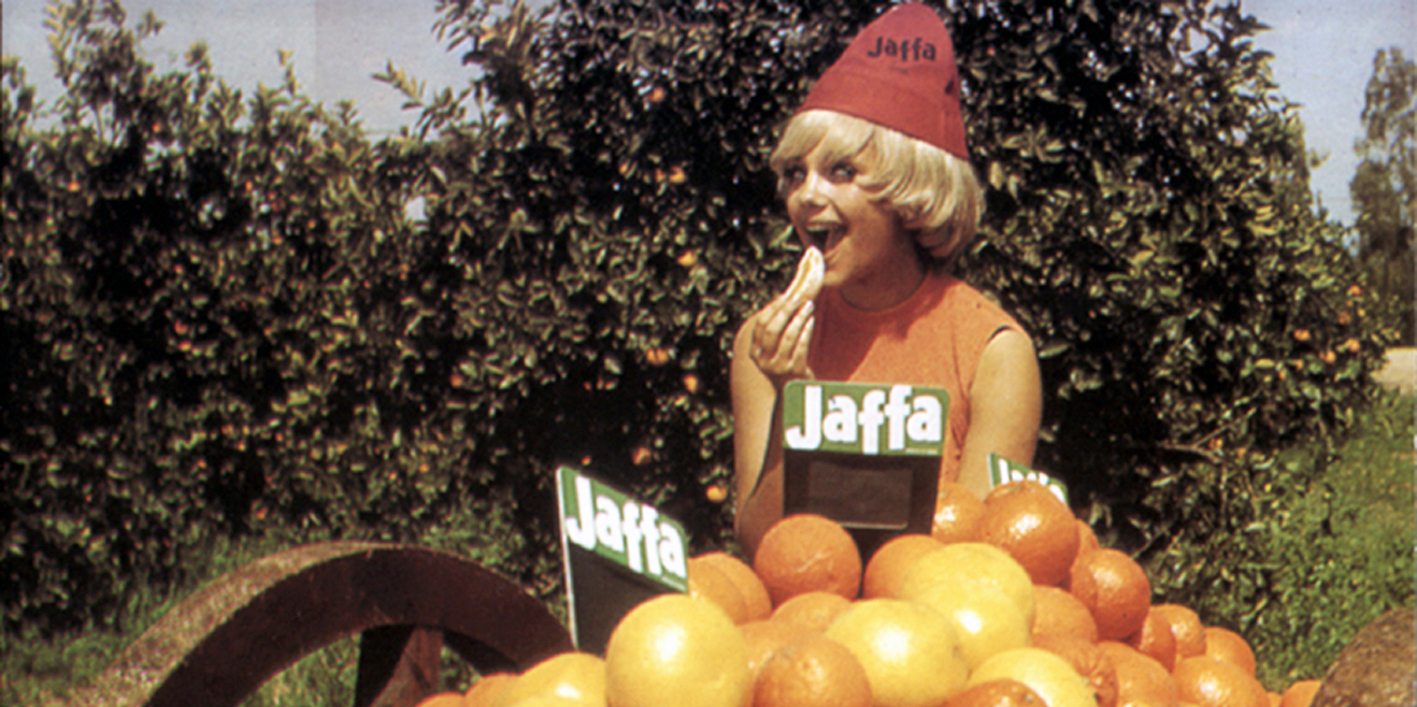‘I am talking about images: the images I shot in the area for several years. This work is becoming a challenge for me today, at a time when the partition is seen as a “fait accompli” and when access to the territories is becoming increasingly difficult – I am thinking about Gaza’s inaccessibility, and the frustration that such images can generate. Images are now blocked, under control. In the West, we are not receiving any more images from Gaza or the Palestinian territories, after a period when we were fed a continual, orchestrated flow of such images.’ (Israël-Palestine, J’écris sur une frontière dont l’opacité bouleverse le regard (extract), Anne-Marie Filaire, May 2007).
In a dialogue with the exhibition Zone de sécurité temporaire (Temporary Security Zone) currently on display at the Fort Saint-Jean, photographer Anne-Marie Filaire will be in conversation with curator Rasha Salti to discuss the artistic work she has developed over fifteen years in “border” spaces and other “buffer areas” around the Middle-East.
From her first series initiated in 1993 in her native region of Auvergne, to her work in the volatile regions of the Middle East, Anne-Marie Filaire has been building a dense, engaged body of work, as rigorous as it is lyrical. Her photography, oriented towards the landscape, focuses particularly on the so-called “borderlands” and “buffer zones”, in the Middle East, Southeast Asia, East Africa and Europe.
In 1999, she began a parallel project that took her to the Near East (Israel-Palestine), devoted to observing spaces as physical entities, charged with history over time. For nearly ten years, she continually roamed these territories, documenting them like a geographer, collecting the traces of time in these political landscapes in flux. Her research continued in other countries marked by their history and conflicts, such as Lebanon, Yemen, Eritrea and Cambodia. Continuing her work in the Arab world in 2007, she focused on adolescents, their environment and intimate spaces, in the United Arab Emirates and then in Palestine (Gaza). Gradually, this quest drew her to moving images and she conducted filmed interviews with youth in the Middle East (Egypt, Algeria), in the context of the revolutions. In 2012, she concluded this research with an important series on armoured doors in Algiers. Her final investigations in the Middle East brought her to the Jordan-Syrian border in 2014 where she photographed the Azraq Syrian refugee camp.
![[Palestine] Infiltrators [Palestine] Infiltrators](/sites/default/files/assets/images/web-infiltrators_-r_dr.jpg)
![[Palestine] A Post-Oslo History [Palestine] A Post-Oslo History](/sites/default/files/assets/images/post_visit_palestine.jpg)
![[Palestine] The Neighbour before the House [Palestine] The Neighbour before the House](/sites/default/files/assets/images/web-the_neighbour_before_-r-adr.jpg)
![[Palestine] Inverted Vistas [Palestine] Inverted Vistas](/sites/default/files/assets/images/web-inverted_vistas_yazid_anani_-r_dr.jpg)
![[Palestine] Anne-Marie Filaire / Rasha Salti [Palestine] Anne-Marie Filaire / Rasha Salti](/sites/default/files/assets/images/705_352_web_am_filaire.jpg)
![[Palestine] Nazareth 2000 [Palestine] Nazareth 2000](/sites/default/files/assets/images/web-nazareth_2000_-r_dr.jpg)
![[Palestine] The Shooter [Palestine] The Shooter](/sites/default/files/assets/images/web-the_shooter_-r-adr.jpg)
